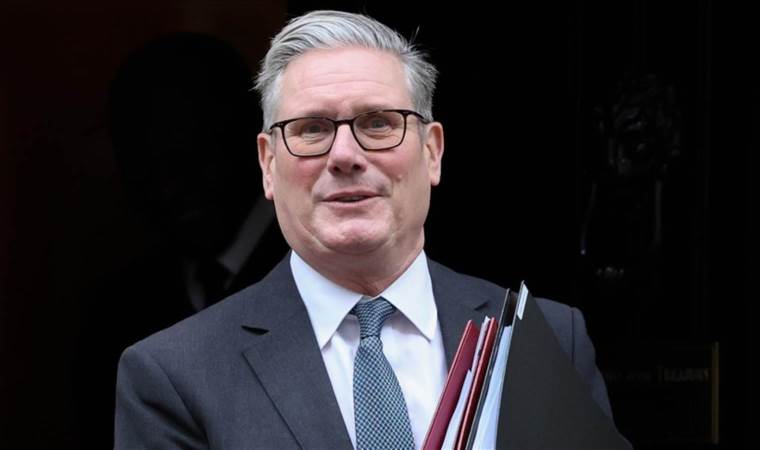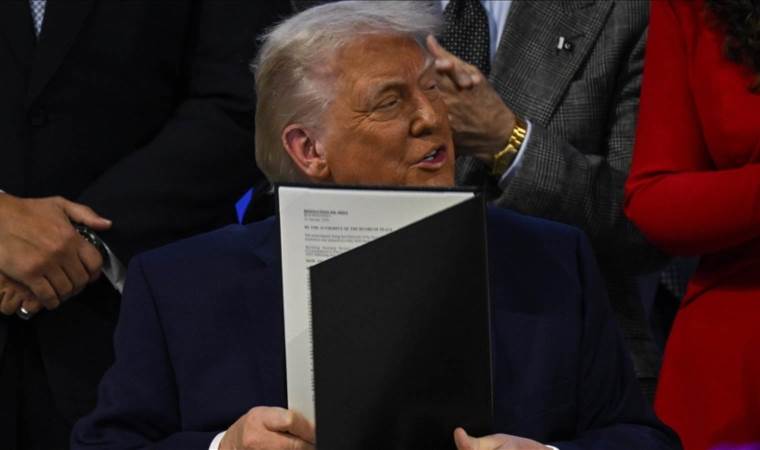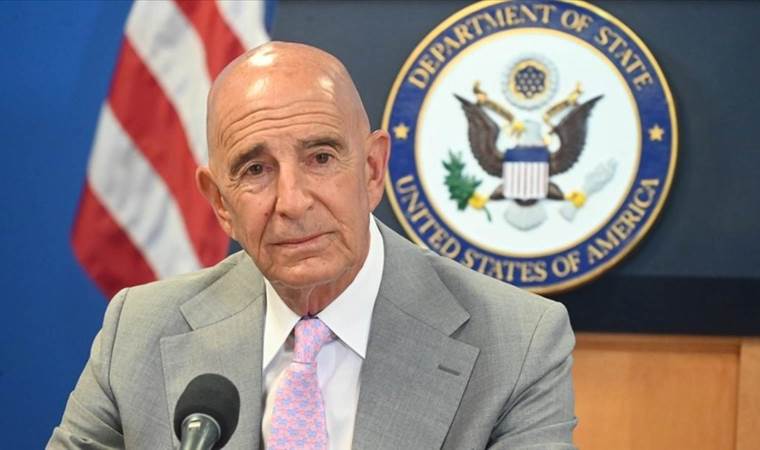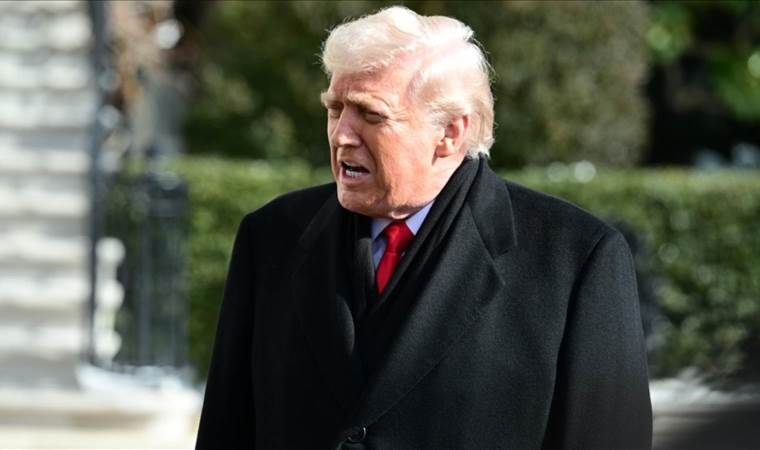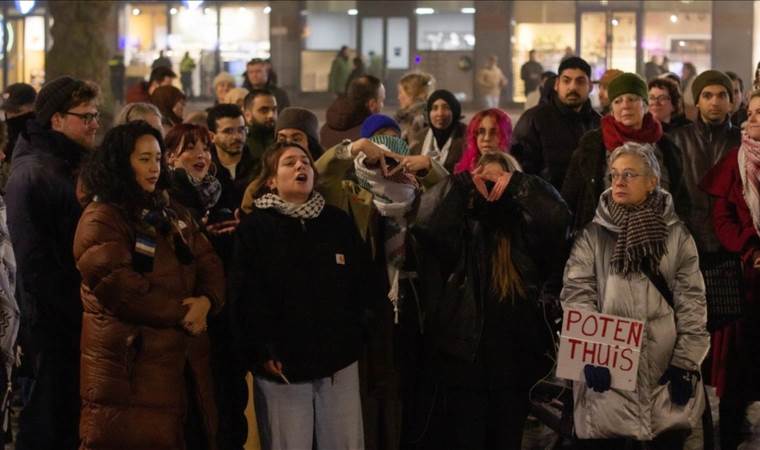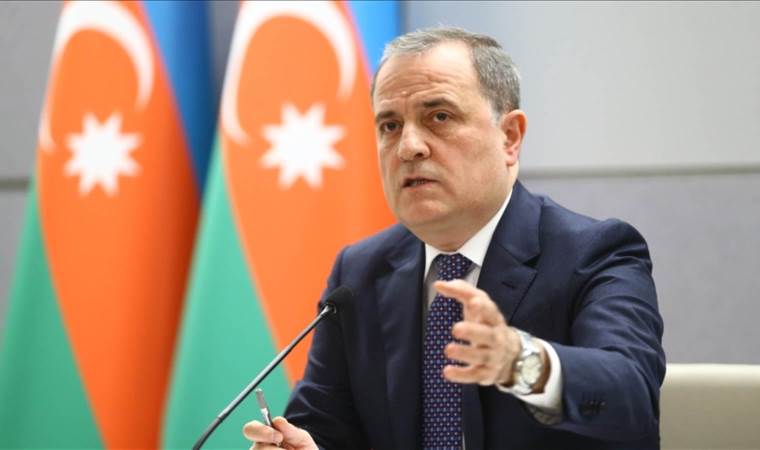Authors Columns of the Day Sport Guest Life All Authors
"Equal Citizenship" in Turkish Politics
CHP General Chairman Özgür Özel is one of the politicians who frequently uses the term "equal citizenship" in his speeches and social media posts. This concept, which has been included in CHP's congress declarations since 2018, was already a topic of discussion before the presidential election on May 14th.
When Özel appeared on Ismail Küçükkaya's program on Halk TV, he was asked, "Can your alliance nominate a presidential candidate that the HDP base can comfortably vote for?" He replied, "I think we can. After the HDP base's demand becomes a democracy, an equal citizenship..."
This response was based on observations. At the HDP's Second Ordinary Grand Congress held in Ankara in 2015, as reported by the Diken news portal, "Selahattin Demirtaş and Figen Yüksekdağ were once again elected as co-chairs. The most notable detail at the congress, held at the Ahmet Taner Kışlalı Sports Hall, was the slogan 'Equal Citizenship, Common Homeland' projected onto a large screen along with images of PKK leader Abdullah Öcalan and the Turkish flag."
Last year, speaking at an Arab gathering in Mardin, HDP Co-Chair Mithat Sancar defined the concept as follows: "The principle of equal citizenship has many requirements and conditions. When we say equal citizenship, we mean the equal living of all people and identities residing in the country."
Interestingly, Süleyman Soylu, while serving as Deputy Chairman of the AKP in 2015, also said, "The peace process is a process of equal citizenship."
What is the goal?
According to the Constitution, everyone is equal before the law. Article 10 states:
"Everyone, without discrimination on grounds of language, race, color, gender, political thought, philosophical belief, religion, sect, or similar reasons, is equal before the law.
Women and men have equal rights. The state is obligated to ensure this equality is implemented in life. Measures taken for this purpose cannot be interpreted as contrary to the principle of equality.
Measures taken for children, the elderly, the disabled, war and duty widows and orphans, as well as disabled veterans, are not considered contrary to the principle of equality.
No privilege shall be granted to any individual, family, group, or class.
State organs and administrative authorities must act by the principle of equality before the law in all their proceedings."
With the constitution explicitly rejecting discrimination among sects and races, the discussion now turns to "equal citizenship." Efforts to implement the constitutional approach of equality among citizens in practice differ from using a term like "equal citizenship" which can lead to different perceptions.
The constitution also defines who the citizens are; this legal bond is defined in the constitution and is found in Article 66.
So, let's ask clearly
Is the targeted "equal citizenship," as some claim, about redefining citizenship in the constitution, which currently states in Article 66, "Everyone bound to the Turkish state through citizenship is a Turk"?
Is the use of this term intended to signal certain groups before local elections, showing discomfort with the constitutional definition of citizenship?
Özgür Özel needs to clarify what he means by "equal citizenship," and what aspect of citizenship in the constitution he sees as unequal, especially when political Islamists like Ali Babacan, former member of the AKP, are opening this article to discussion.
Those who try to load the concept of citizenship with sectarian and ethnic meanings under the term "equal citizenship" also need to explain why they do not speak against those exploiting the people: the imperialism-fed feudalism, landowners, sheiks, and the capitalist class.
Yazarın Son Yazıları All Columns
Günün Köşe Yazıları
Most Read News
-
 ISIS mission in Iraq
ISIS mission in Iraq
-
 ‘Engagement builds trust,’ UK Prime Minister Starmer urg
‘Engagement builds trust,’ UK Prime Minister Starmer urg
-
 Trump says he is not pulling ICE agents out of Minnesota
Trump says he is not pulling ICE agents out of Minnesota
-
 US envoy hails Syria-YPG integration deal as ‘historic m
US envoy hails Syria-YPG integration deal as ‘historic m
-
 Trump weighs Iran strike as intelligence flags no immedi
Trump weighs Iran strike as intelligence flags no immedi
-
 France's Macron calls for ‘massive’ anti-drug plan targe
France's Macron calls for ‘massive’ anti-drug plan targe
-
 US warship prepares to dock in Gulf of Aqaba amid region
US warship prepares to dock in Gulf of Aqaba amid region
-
 Protest held in the Netherlands over police violence aga
Protest held in the Netherlands over police violence aga
-
 Azerbaijan says it will not allow its territory to be us
Azerbaijan says it will not allow its territory to be us



